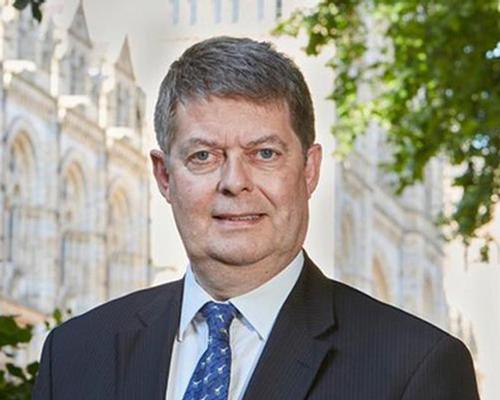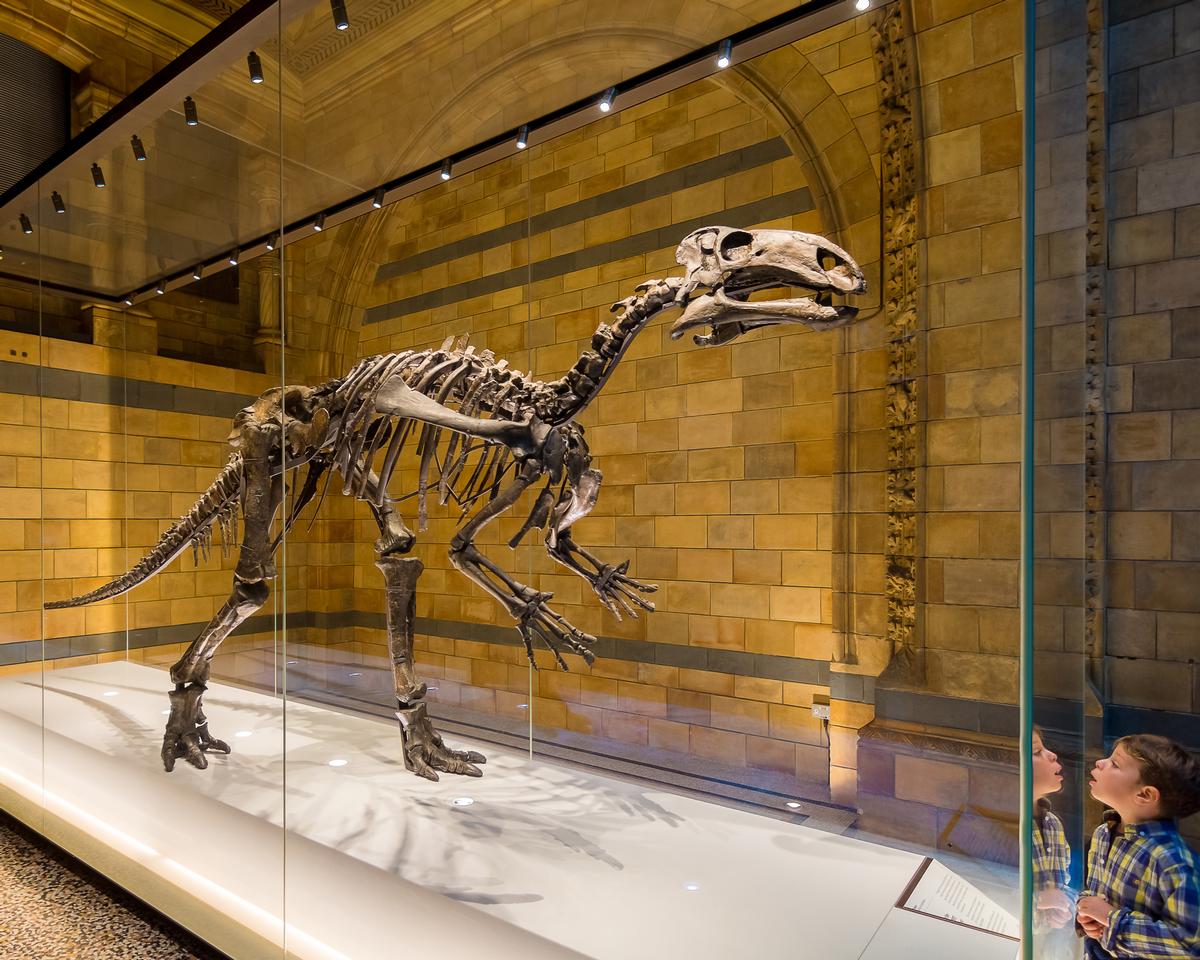see all jobs
London's Natural History Museum announces new strategy to tackle climate change after declaring 'planetary emergency'

The Natural History Museum (NHM) has announced a new strategy outlining the role it will play in tackling the devastating impact of climate change, after declaring a "planetary emergency".
The eleven-year strategy was inspired by a quote from renowned naturalist Sir David Attenborough: "The future of the natural world, on which we all depend, is in our hands".
Based on this, NHM aims to expand its efforts to engage and educate visitors on planetary issues. It will also further open up its collection to share scientific data and evidence that could enable scientists to find solutions for climate instability and biodiversity loss.
Plans also include the development of new galleries and exhibitions that will enable young visitors to imagine a future where both people and planet thrive. Planned exhibits include the forthcoming Fantastic Beasts: The Wonder of Nature, based on J.K. Rowling's movie franchise of the same name, and a brand-new dinosaur gallery, featuring new specimens and exhibits, that will educate guests on biodiversity, extinction and climate change.
"We are facing a planetary emergency. Humanity's future depends on the natural world, but we are not taking effective action to combat our destructive impact on the planet's survival systems," said NHM director, Sir Michael Dixon.
"The museum is well placed to make a difference, it is a world-leading science research centre and our 300 scientists represent one of the largest groups in the world working on natural diversity.
"Climate change, biodiversity loss and extinction, habitat destruction, pollution and deforestation are just some of the crises which all flow from sustainable human activity.
"In this time of unprecedented threat, we need an unprecedented global response. Our strategy is built around our vision of a future where people and planet thrive. Our ethos is one of hope that by working together we can change the current path.
"Our ambitions include a plan to create a flagship, sustainable science and digitisation centre to safeguard a remarkable collection that explains our past, helps us chart a path for the future and provides a hub for partnerships with research institutions, museums and industry."
The digitisation centre will expand the museum experience beyond the museum's home of South Kensington and will safeguard the museum's collection of 80 million specimens as well as make it more accessible to the general public.
Other plans include the launch of 'Backing Biodiversity' – a year-long season of events offering digital content and activities centred on the importance of nature and biodiversity – and the Urban Nature Project, a UK-wide scheme that will aim to tackle the loss of urban biodiversity and see the transformation of the NHM's five-acre gardens.
The museum will also aim to become the first in the world to set a science-based carbon reduction target in line with the Paris climate agreement's 1.5°C global warming trajectory.
The new strategy will also see the appointment of advocates for the planet.
"An advocate for the planet is someone who can speak up for nature and is empowered to take action to protect it," said Clare Matterson, executive director of Engagement.
"From the children who visit our galleries to industry titans and international policymakers - we want to inspire, inform and empower everyone to make a difference for nature."
Globally, the NHM will expand its international reach through touring exhibitions and will use digital technology to speak about the future of the planet to an international audience. The museum will also launch the Anthropocene hub, an online platform, part of the museum's website, where visitors will be able to access content about human impact on the planet and preventative measures that can be taken.
Finally, the museum will continue to increase its sphere of influence in both the UK and abroad to inform actions and policy in businesses and governments on both local and international levels.
"Through our research and involvement in the Intergovernmental Panel for Biodiversity and Ecosystems Services (IPBES), and out work on plastic pollution, minerals and rare e-critical metals, we will play a crucial role in providing evidence to inform and influence corporate and government policy," said the museum.
More News
- News by sector (all)
- All news
- Fitness
- Personal trainer
- Sport
- Spa
- Swimming
- Hospitality
- Entertainment & Gaming
- Commercial Leisure
- Property
- Architecture
- Design
- Tourism
- Travel
- Attractions
- Theme & Water Parks
- Arts & Culture
- Heritage & Museums
- Parks & Countryside
- Sales & Marketing
- Public Sector
- Training
- People
- Executive
- Apprenticeships
- Suppliers

















































